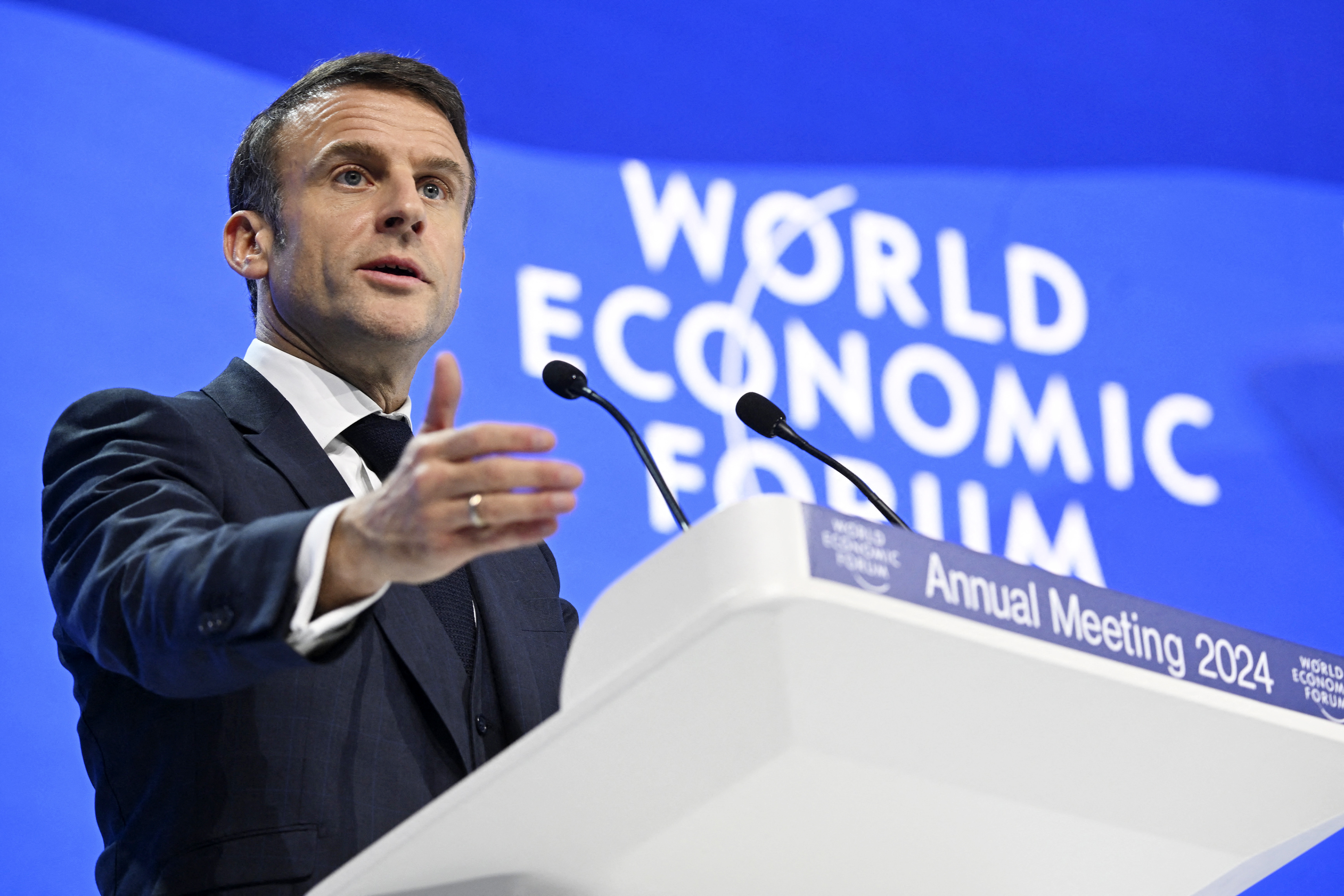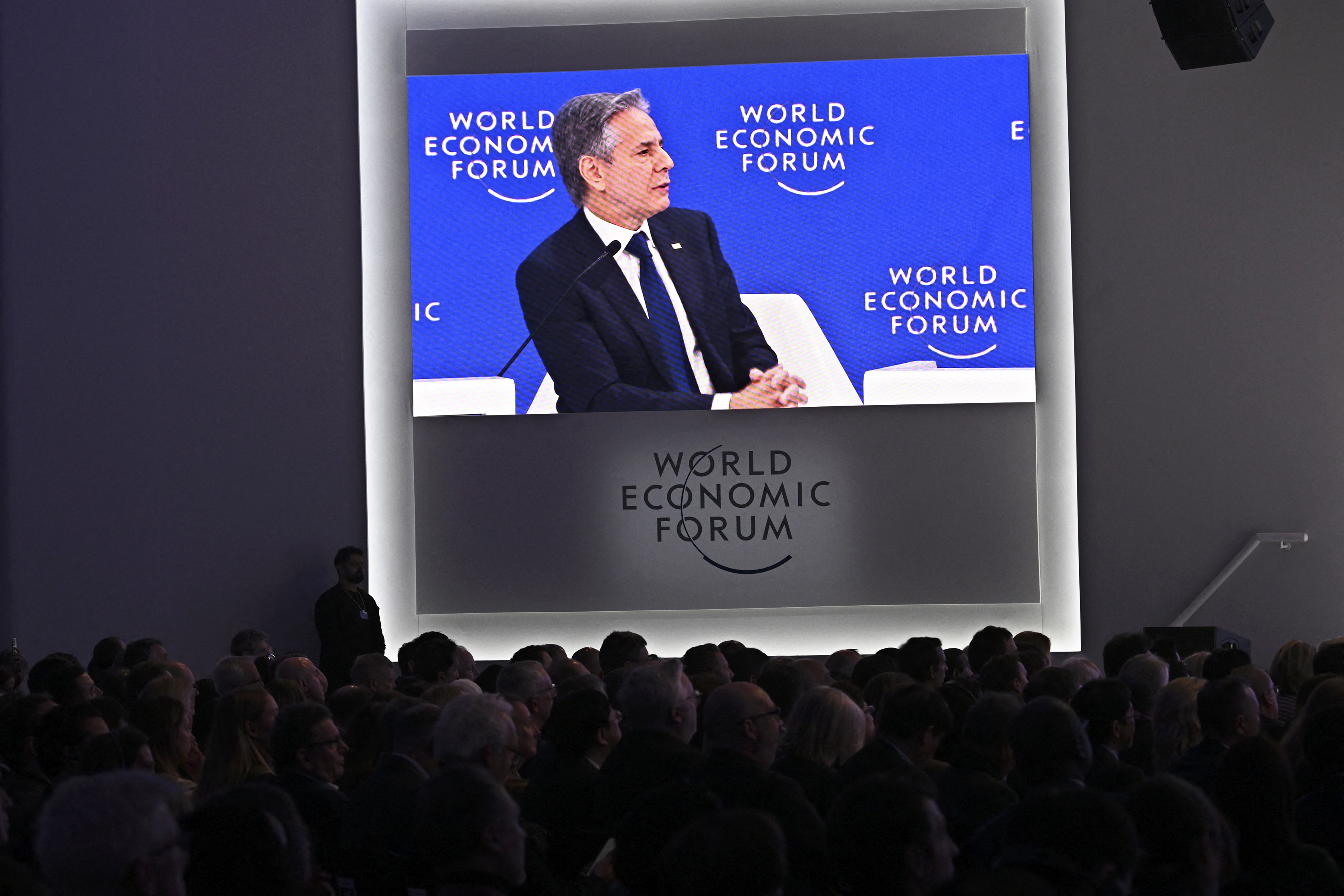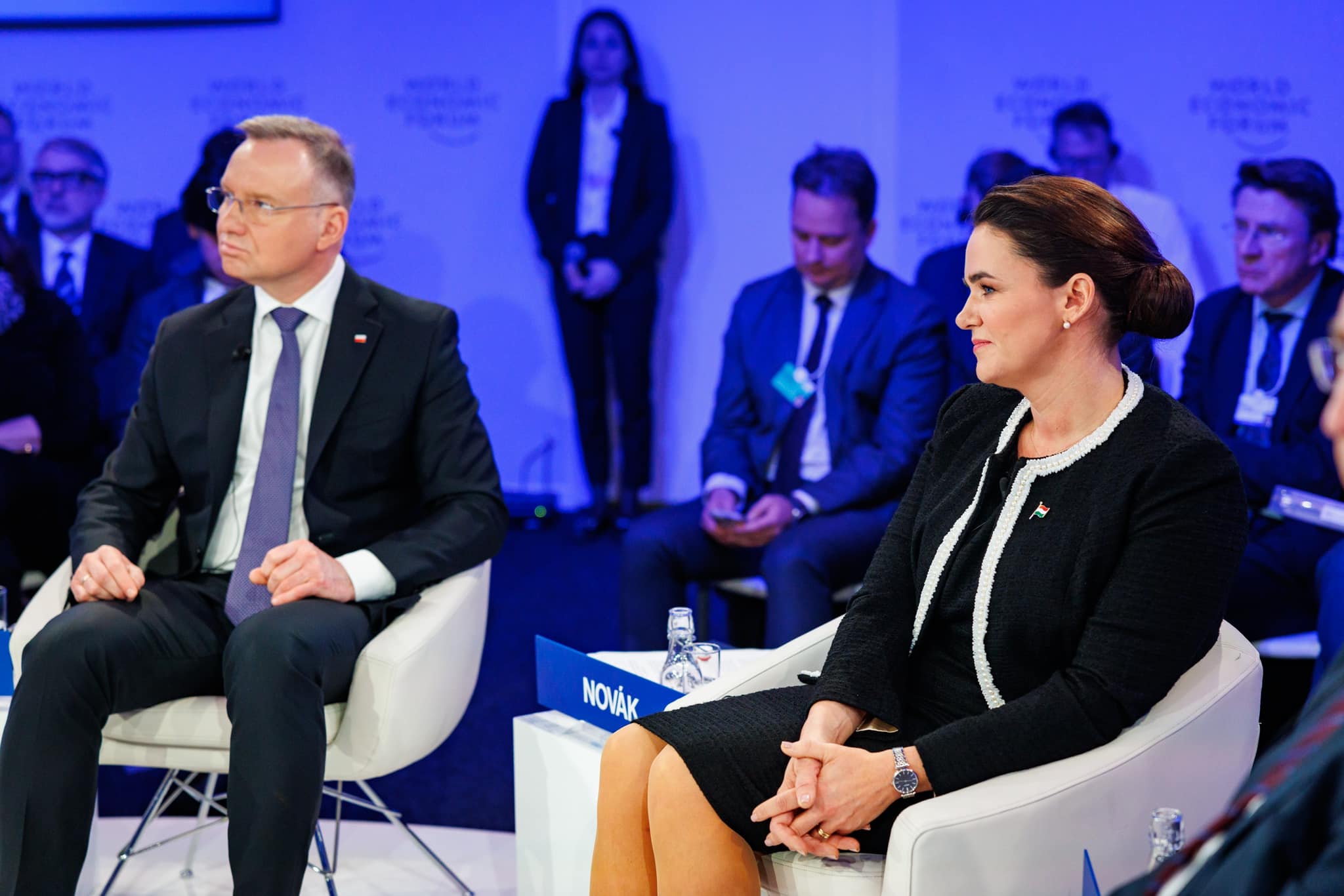
China's economy has recovered and started to grow, and is estimated to reach 5.2 percent, surpassing the target set at the beginning of last year, as stated by Chinese Premier Li Qiang in a speech at the World Economic Forum in Davos. Every year, world leaders and economic elites gather in Switzerland for the World Economic Forum, the first major event where countries establish their goals and policies for the year and evaluate the previous year's performance.
"My European friends have taught me that the only way to fully appreciate the majestic beauty of the Alps is to observe them from a distance. From my perspective, the same holds true for the Chinese economy; we need to broaden our horizons to objectively and comprehensively see the whole picture," pointed out the Chinese Premier.
As reported by the English-language Hong Kong news portal South China Morning Post, Li Qiang is the highest-ranking Chinese official to address the conference in seven years. In 2017, Chinese President Xi Jinping spoke at Davos.
Emphasizing the importance of multilateralism, Li Qiang stressed that Beijing does not arbitrarily withdraw from agreements, exit from organizations, or ask other countries to choose sides. The Premier underscored that the litmus test for the United States is whether or not it fulfills its international obligations.
The Prime Minister also called on companies to rethink their "de-risking" behaviour, as the Chinese market is not a risk but an opportunity. "China remains committed to opening up, we will continue to create favourable conditions for the world to benefit from the opportunities Beijing offers," he underlined.


